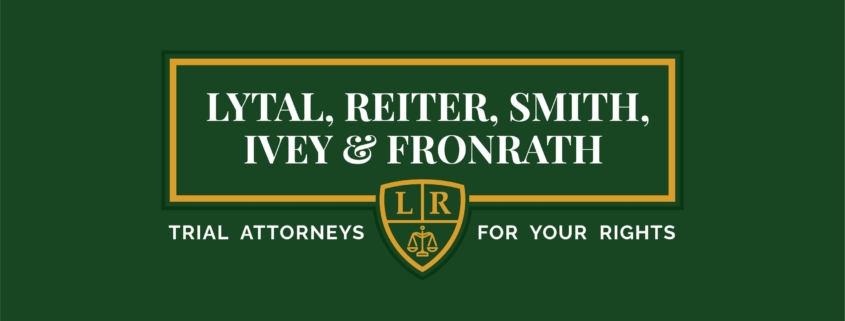Walking up to the counter at your local 7-Eleven, you might notice an array of supplements and boosters, small bottles of pills or liquid promising strength for your workout, stamina in the bedroom, or energy for a long drive.
In this seemingly-innocuous assortment may be bottles of Pegasus, Tianna, or ZaZa – aka “gas station heroin.”
With no age restrictions on the products and no current bans on the active ingredient, this substance has quickly become a go-to for people seeking an opioid-like “high.” And, just like its namesake, gas station heroin can be deadly.
Product specifics
So, what is gas station heroin? It’s a supplement containing tianeptine, a lab-manufactured chemical used in some Latin American, European, and Asian countries to treat depression. However, it has not been approved for medicinal use in any capacity by the U.S. Food and Drug Administration (FDA).
However, the substance may still be legally sold, just not explicitly marketed as a medicinal treatment for depression or other ailments. Products labeled as supplements aren’t subject to the same restrictions by the FDA as medicinal products. That’s why tianeptine manufacturers label it as a supplement.
It’s sold in pill form, but there is no true understanding of a “safe” or “effective” dosage. In fact, the FDA placed tianeptine on its list of concerning substances.
Ingredient of concern
The active ingredient in “gas station heroin” is tianeptine, a lab-manufactured chemical with no (according to the FDA) nutritional or medicinal value. It’s also listed as:
- Tianeptine sodium powder
- Tianna Green
- Tianeptine sulfate
- Tianna Red
- Tianna White
Branded supplements containing Tianeptine have several names, including:
- Za Za Red
- Tianna
- Pegasus
Be wary of any of these supplements.
Where it’s sold
You can find them in convenience stores, gas stations, Wawas, and bodegas. Some smoke shops or vape stores may also carry tianeptine-based supplements.
It’s unlikely that these would be sold in drug stores, but independent stores may carry these. Some store owners may not be aware of the danger of tianeptine.
Why it’s dangerous
Contrary to the description on the bottle of Pegasus or Za Za Red, Tianeptine is far from safe and likely not as effective as it claims to provide clarity, focus, and energy. The drug actually possesses similar attributes to opioids, both illicit and prescription meds.
Although there is no actual heroin in Pegasus, Tianna, or Za Za gas station heroin, many people may be using tianeptine to manage opioid addiction.
Signs of tianeptine use
- Dilated pupils
- Agitation
- Changes in behavior
- Inattention or “nodding out”
People who have struggled with opioid addiction in the past should be especially wary of tianeptine, although anyone with substance abuse issues or tendencies may quickly become addicted to tianeptine-based products.
The withdrawals are described as being similar to heroin or opioid withdrawals, from the pain and flu-like symptoms to the cravings.
Adverse reaction and overdose
Reports of adverse reactions and overdoses to tianeptine have increased significantly from 11 cases between 2000-2013 to over 150 cases in 2020. Case studies conducted by the FDA and medical journals suggest that tianeptine has the potential to be abused, with those addicted to opiates or in opiate addiction recovery the most vulnerable.
Other harmful effects of tianeptine withdrawal include:
- Sweating
- Rapid heartbeat
- High blood pressure
- Confusion and drowsiness
- Agitation
- Nausea and vomiting
In some cases, an overdose can cause the user to slow or stop breathing, leading to a coma or death.
What consumers can do if they suffer health concerns from the product
If you’ve taken tianeptine-based products, visit your local poison control center or doctor as soon as you can. If you believe that you or a loved one have developed tianeptine dependence, a local drug rehabilitation center can help.
The FDA has issued warning letters to foreign companies shipping tianeptine products into the U.S. and established a reporting line for consumers. If you or a loved one had an adverse reaction or health complications from tianeptine supplements, report it through the FDA’s MedWatch Safety Information and Adverse Event Reporting Program.
Do you need legal advice after toxic exposure to tianeptine?
If you or someone you love has had negative health effects from using gas station heroin, become addicted, or fatally overdosed, we can help.
Call Lytal, Reiter, Smith, Ivey & Fronrath today at (561) 655-1990 to schedule a free consultation with a skilled Florida dangerous pharmaceuticals lawyer.




